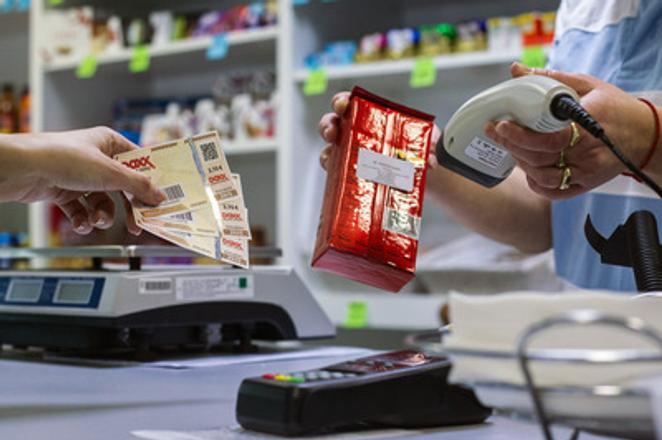The firms were fined for creating two cartels. The mischief consisted of dividing up the market between the companies, and of pressuring retail chains to accept a maximum of five tickets per shopping trip, as the issuers receive higher commissions from hotels and restaurants than from shops. At the same time, it has emerged that these companies created a cartel in at least eight tenders, the TASR newswire reported on same day.
It has become obvious that free competition on the meal ticket market has failed completely, according to PMÚ spokesman Radoslav Tóth. He added that it would be better to scrap the system of mandatory meal tickets handed out as part of people’s salaries.
Instead, employees should receive a direct financial contribution to their salaries, or the system should at least be made voluntary, with employees deciding for themselves whether they want to receive meal tickets or cash, said Tóth.
In their reaction the Labour, Social Affairs and the Family Ministry stated that if meal tickets were scrapped, people’s interest in having meals at restaurants would fall dramatically, affecting employment in this sphere, as the face value of the coupon is higher than the employee is docked after taxes.
In addition, while meal tickets can only be used for buying food - be it in restaurants or shops - people, when receiving cash, would have less incentive to spend the money on food.
“Also, we view it as particularly interesting that the scrapping of the meal ticket system has been demanded only by certain opposition parties so far, and not by employees and their representatives,” stated the ministry, as quoted by TASR.
The Ministry also believes that if people receive cash instead of meal tickets – as was the case several years ago – they will frequently skip lunch, resulting in adverse effects on their health.



 (source: Sme)
(source: Sme)